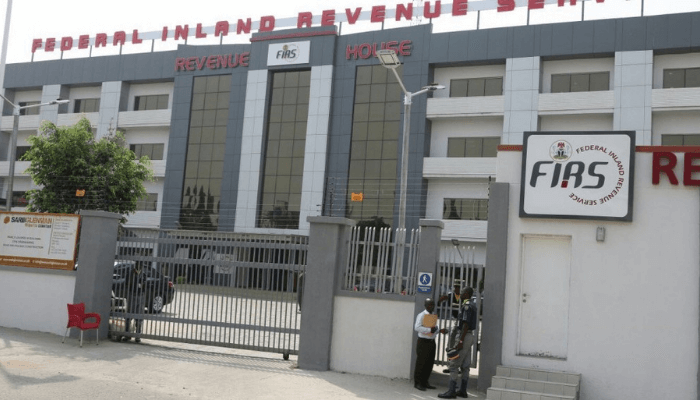The Federal Government has announced strict penalties, including a fine of up to ₦5 million and possible imprisonment, for individuals or entities found guilty of leaking confidential documents belonging to the newly established National Revenue Service (NRS).
The measure, disclosed yesterday by the Ministry of Finance, forms part of new regulations designed to safeguard sensitive tax and revenue information from unauthorised access and distribution. The government said the step is necessary to protect national interests, ensure data security, and maintain public trust in Nigeria’s revenue administration system.

According to the ministry, the penalty applies to both employees of the NRS and external parties who, by any means, obtain and disseminate classified documents without proper authorisation. The new rule is contained in the draft operational guidelines for the NRS, which is set to replace the Federal Inland Revenue Service (FIRS) as part of ongoing fiscal reforms.
Finance and Coordinating Minister of the Economy, Wale Edun, said during a press briefing in Abuja that the regulation was informed by the growing risks of data breaches and unauthorised disclosures, which could jeopardise revenue collection and expose taxpayers’ private information.
“Taxpayer confidentiality is not just a matter of professional ethics—it is a matter of national security,” Edun stated. “The NRS will handle highly sensitive financial and operational data. Any unauthorised leak could have serious consequences for government operations, investor confidence, and the integrity of our tax system. We will not tolerate breaches.”
Under the proposed framework, offenders risk a maximum fine of ₦5 million, a prison sentence of up to five years, or both, depending on the severity of the offence. In cases where the leaked information causes significant economic or reputational damage, the penalties could be more stringent.
The government also plans to deploy advanced cybersecurity systems, staff training, and internal monitoring to minimise the risk of leaks. All NRS employees will be required to sign confidentiality agreements, with periodic audits conducted to ensure compliance.
In addition to the criminal penalties, the regulations provide for administrative sanctions, including dismissal from service, suspension of professional licenses, and blacklisting of contractors found complicit in document leaks.
Legal experts say the new rules are consistent with global best practices in tax administration, where protecting taxpayer data is a legal and operational priority. However, some have urged the government to ensure that the regulations are applied transparently and not used to suppress whistleblowers exposing corruption or malpractice.
Human rights lawyer, Barrister Ifeoma Okonkwo, warned that the policy must clearly define what constitutes a “leak” to avoid arbitrary enforcement. “While it is important to protect sensitive revenue data, the government must balance confidentiality with the public’s right to know in cases of wrongdoing. Whistleblower protections should not be undermined,” she said.
Industry stakeholders, including tax consultants and corporate bodies, have largely welcomed the development, noting that it will strengthen investor confidence in Nigeria’s tax system. The Chartered Institute of Taxation of Nigeria (CITN) said the measure will help ensure that taxpayer data is treated with the utmost integrity, which is essential for encouraging compliance.
CITN President, Samuel Agbeluyi, stated that “trust is at the heart of taxation. If taxpayers fear that their information can be leaked or misused, they may be less willing to comply. Strong penalties send the right message that confidentiality is non-negotiable.”
The move comes at a time when Nigeria is undergoing major tax reforms aimed at widening the revenue base, improving compliance, and reducing reliance on oil income. The NRS, once fully operational, will be expected to deploy technology-driven processes to improve efficiency, expand coverage, and strengthen enforcement.
As the government works to finalise the NRS operational guidelines, public consultations are expected in the coming weeks to gather feedback from civil society, private sector operators, and the legal community.
For now, the message from the Federal Government is clear: breaches of taxpayer confidentiality will carry steep consequences, as Nigeria seeks to modernise its revenue system while safeguarding the integrity of its operations.
Support InfoStride News' Credible Journalism: Only credible journalism can guarantee a fair, accountable and transparent society, including democracy and government. It involves a lot of efforts and money. We need your support. Click here to Donate
